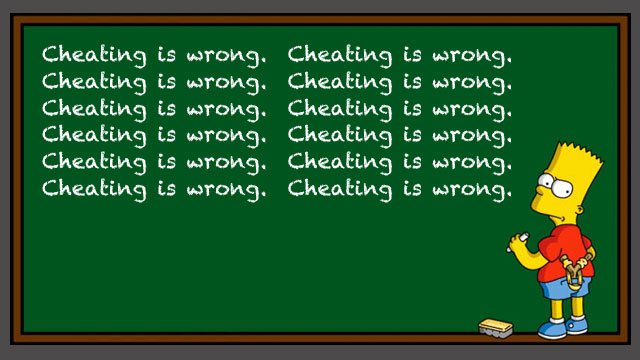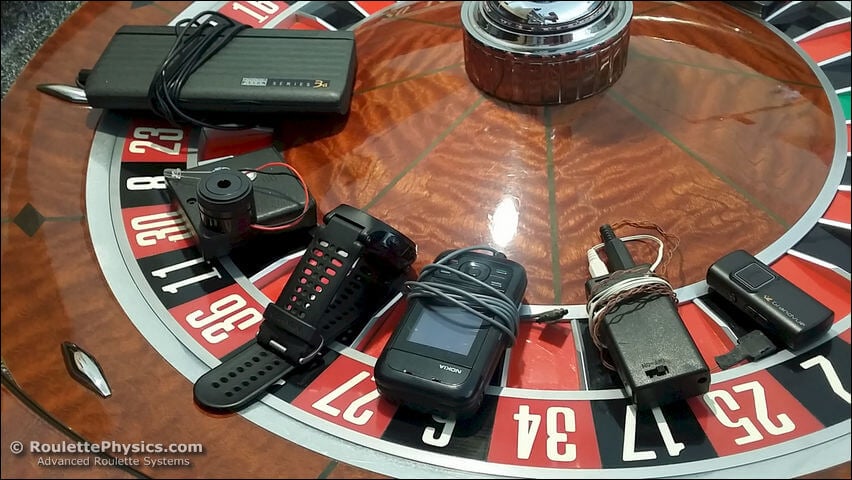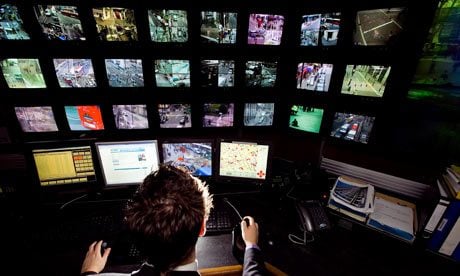The Truth About Cheating at Roulette: Techniques, Risks, and Casino Defenses

Understanding the Odds: Can Roulette Really Be Cheated?
Roulette is famed for its simplicity and seemingly unbreakable house edge, naturally leading players to wonder if that edge can ever be overturned. Unlike blackjack, which allows the possibility of card counting-a gray area that is frowned upon but not strictly illegal-successfully tipping the odds in roulette’s favor almost always requires illegal intervention. From wheel manipulation to underhanded devices, roulette cheaters face grave legal risks for modest-and fleeting-gains.
Classic Roulette Cheating Techniques in Physical Casinos
Over the years, individuals determined to beat the roulette wheel have devised clever, yet illegal, methods. The intent is always to influence or predict the outcome beyond chance.
- **Wheel Tampering**: One of the most direct ways to cheat at roulette involves physically modifying the wheel. By altering wheel components or balance, cheaters can make the ball favor certain sections, enabling them to anticipate likely outcomes. While potentially lucrative, this route is dangerous and often leads directly to prosecution and imprisonment.
- **Magnetic Devices**: Occasionally, schemes have emerged involving covertly switching the regular roulette ball for a magnetic one. Players or collaborating dealers would then use hidden magnets to control the ball’s landing spot. Today’s casinos, overwhelmed with surveillance, make this approach nearly impossible to pull off without swift detection.
Legal Edge-Gaining: Wheel Clocking and Prediction Devices

Outside of outright crimes, some advanced players attempt to gain an edge by meticulously observing the wheel and ball behavior-a process called wheel clocking or visual ballistics. Here’s how it works:
- The player-and, in some notable historical cases, teams-study specific wheels for mechanical biases or patterns in the dealer’s spin.
- Some employ electronic devices discreetly to record and process outcomes to predict results based on ball speed and its interaction with the wheel.
Such activities require sharp attention, mathematical prowess, and nerves of steel. While harder to prosecute than outright tampering, the use of electronic prediction devices is strictly prohibited by casinos and is illegal in many jurisdictions.
Cheating at Online Roulette: Myths vs. Reality
Cheating isn’t limited to land-based casinos-online roulette is not immune to dishonest attempts. However, online environments change the nature of cheating dramatically.
- **Random Number Generators (RNGs)**: Most digital roulette games use computer algorithms to deliver truly random outcomes, making traditional cheating impractical. There's no physical ball or wheel to manipulate.
- **Software Exploits and Scams**: While some seek to exploit programming glitches, reputable casinos routinely undergo third-party audits to guarantee fairness. Anyone promising a “winning system” or secret hack for online roulette is almost certainly running a scam.
Always be wary of anyone selling books, seminars, or “guaranteed” systems for beating digital roulette-these schemes are typically an attempt to separate you from your money, not the casino’s.
How Brick-and-Mortar Casinos Counter Cheating

Modern casinos are technologically fortified environments. Security protocols include:
- Networks of cameras monitoring every table, slot, hallway, and even the dealers themselves.
- Surveillance systems analyze not only customer behavior but also supervise employees, since inside collusion remains a threat.
- Strict procedures require roulette dealers to show their empty hands and refrain from bringing any objects near the wheel, eliminating the chance of device-enabled cheating.
- Advanced algorithms may also be used to track betting patterns and spot anomalies.
All these measures serve the dual purpose of protecting the casino and ensuring genuine outcomes for players.
Online Casino Security: Digital Fortresses Against Cheaters
Where physical methods fall short, cybersecurity mirrors their function online:
- All authentic online casinos use secure, independently-tested RNG software to keep digital games fair and unpredictable.
- Advanced monitoring software flags any suspicious patterns, including hacking attempts or software exploits.
- Routine audits by third-party companies are standard, helping prevent both deliberate fraud and unintentional bugs that could be exploited.
Integrity is the foundation of reputable online casinos, and strict measures are in place to catch and prevent cheating.
Is Beating Roulette Through Cheating Worth the Risk?
While stories of casino cheats may grab headlines, real success is rare and fleeting, thanks to a combination of technology, vigilance, and severe legal consequences. It is substantially more difficult to cheat today than in the past, with innovations like surveillance cameras, microchipped gaming equipment, and robust digital firewalls.
Players tempted by cheating should weigh the real outcome: not jackpots, but the likelihood of arrest and imprisonment. Casinos worldwide prosecute cheaters vigorously, and cooperation with authorities ensures few escape legal consequences.
Ultimately, the safest-and smartest-approach to roulette is to play for the thrill, accepting that the house edge is a fundamental part of the game. Attempts to buck the odds through illegal or shady means promise only disappointment and danger.














